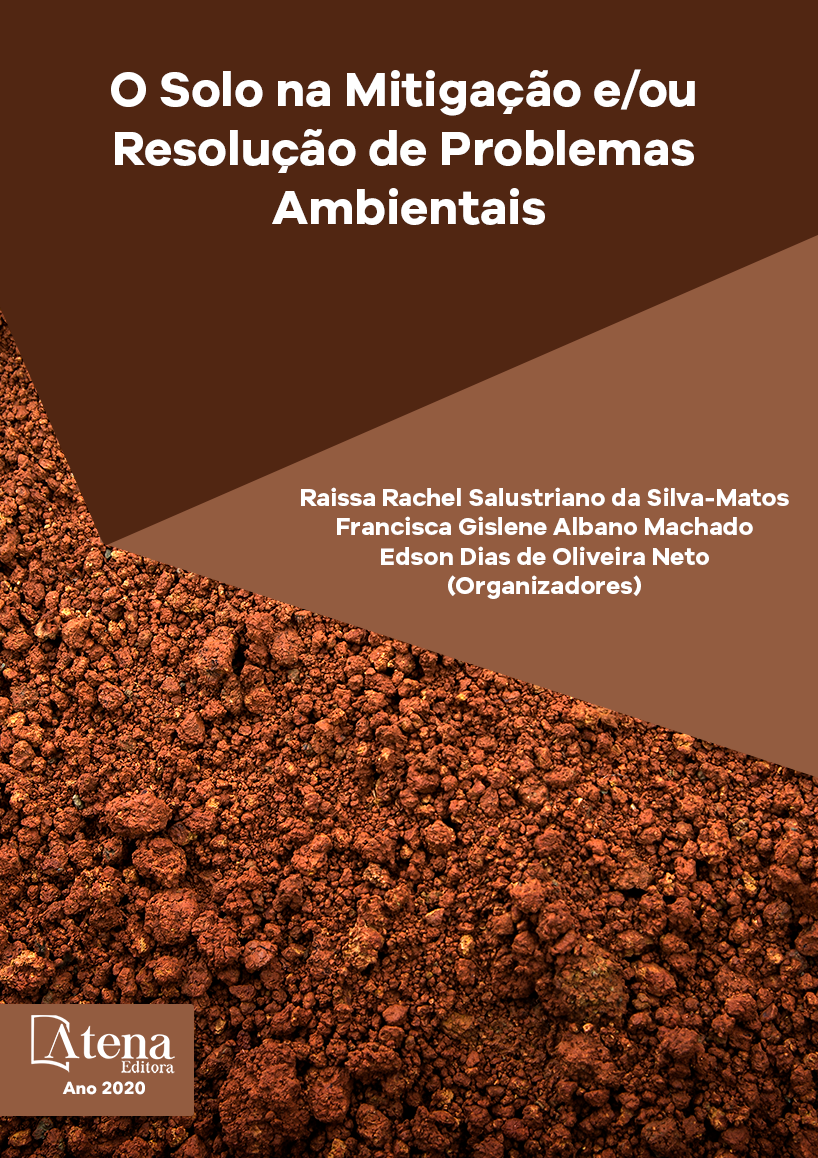
PROMOÇÃO DE CRESCIMENTO POR Bacillus subtilis NA CULTURA DA SOJA E FEJÃO CAUPI EM CASA DE VEGETAÇÃO
O trabalho teve como objetivo verificar a resposta da soja e do feijão caupi a inoculação de Bacillus subtilis, inoculados em solo adubado com fosfato natural e em solo sem adubação, em condições de casa de vegetação. Sete isolados de B. subtilis. foram utilizados e um Mix de uma mistura de 3 cepas, oriundos de isolamento de solos do Cerrado tocantinense. Os isolados de B. subtilis foram inoculados diretamente na cova sobre as sementes no momento do plantio em uma quantidade de 1 mL vaso-1 de uma suspensão bacteriana apresentando concentração mínima de 1 x 108 UFC mL-1. Os parâmetros avaliados foram massa seca da parte aérea, massa seca da raiz, massa seca total, número de nódulos e massa seca dos nódulos, teor de fósforo na parte aérea e fósforo disponível no solo. Observou-se que na cultura da soja onde recebeu adubação de fosfato natural os isolados UFTBs 04, UFTBs 05, UFTBs 06, UFTBs 07 e o MIX promoveram aumento significativo na biomassa. Nos tratamentos sem adubação com fosfato natural os isolados UFTBs 07 e o MIX foram capazes de promover o maior incremento de biomassa. Os isolados UFTBs 01, UFTBs 02, UFTBs 03, UFTBs 06, UFTBs 07 e o MIX mostraram maior eficiência na produção de biomassa do feijão caupi com adubação de fosfato natural, onde não houve adubação os isolados UFTBs 01, UFTBs 02, UFTBs 03, UFTBs 04, UFTBs 06, UFTBs 07 e o MIX foram eficazes na produção de biomassa. Na soja e no feijão caupi a maioria do isolados testados proporcionaram um maior teor de P disponível no solo e na parte aérea das plantas. A maioria dos isolados mostrou estar envolvidos diretamentena promoção do crescimento destas culturas quando comparado à testemunha não inoculada.
PROMOÇÃO DE CRESCIMENTO POR Bacillus subtilis NA CULTURA DA SOJA E FEJÃO CAUPI EM CASA DE VEGETAÇÃO
-
DOI: 10.22533/at.ed.591201904
-
Palavras-chave: Rizobactéria, teor de fósforo, biomassa
-
Keywords: Rizobacteria, phosphorus content, biomass
-
Abstract:
The study aimed to verify the response of soybean and cowpea inoculation of Bacillus subtilis inoculated in soil fertilized with phosphate rock and soil fertilization, under greenhouse conditions. Seven isolates of B. subtilis were used and a mixture of three strains, coming isolation tocantinense cerrado soils. The isolates of B. subtilis were applied directly inoculated into the pit on the seed at planting in an amount of 1 mL vaso-1 bacterial suspension having a minimum concentration of 1 x 108 UFC mL-1. The parameters evaluated were dry mass of the aerial part, dry root mass, total dry mass, number of nodes and dry weight of nodules, phosphorus content in shoots and available phosphorus in the soil. It was observed that in soybeans where he received natural phosphate fertilizer isolated UFTBs 04, UFTBs 05, UFTBs 06, UFTBs 07 and the MIX promoted significant increase in biomass. In treatments without fertilization with rock phosphate isolated UFTBs 07 and MIX were able to promote greater biomass increment. Isolated UFTBs 01, UFTBs 02, UFTBs 03, UFTBs 06, UFTBs 07 and the MIX showed greater efficiency in biomass production of cowpea with natural phosphate fertilizer where no fertilizer isolated UFTBs 01, UFTBs 02, UFTBs 03, UFTBs 04, UFTBs 06, UFTBs 07 and MIX were effective in producing biomass. In soybean and cowpea most of the isolates tested provided a higher P content available in soil and shoots of plants. Most isolates shown to be directly involved in promoting the growth of these crops when compared to the uninoculated control.
-
Número de páginas: 21
- Lillian França Borges Chagas
- Andrea Carla Caldas Bezerra
- Luciane de Oliveira Miller
- Gabriel Soares Nóbrega
- Thyenny Gleysse Castro Silva
- Manuella Costa Souza
- Flávia Luane Gomes
- Albert Lennon Lima Martins
- Gaspar Moreira Braga Junior
- ALOISIO FREITAS CHAGAS JUNIOR


